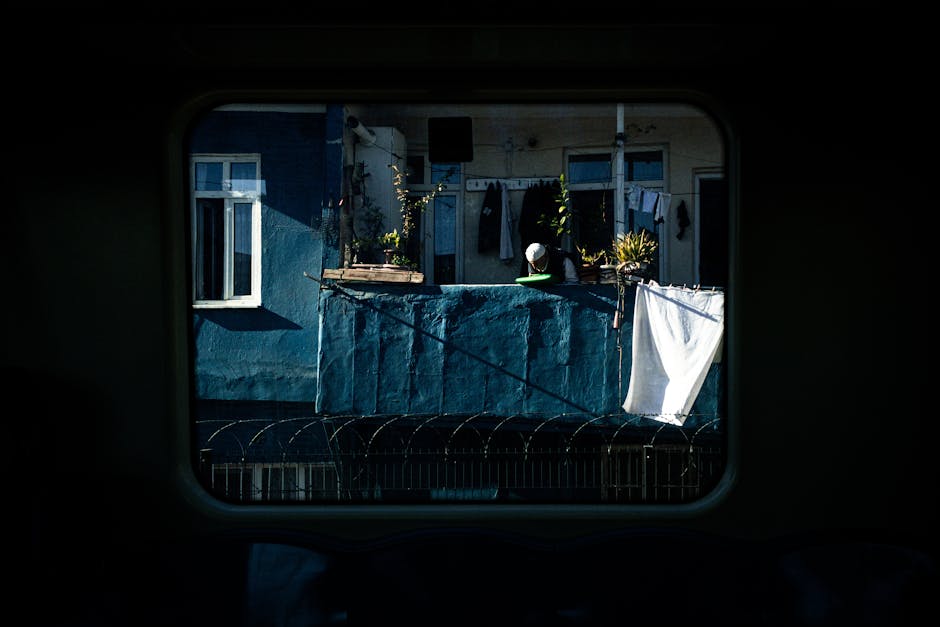**
A Deep Division in the Heart of “Doralzuela”
In the sun-drenched suburbs of South Florida, the air is thick with the aroma of freshly baked arepas, the lively cadence of Spanish, and a political tension that feels a world away from the tranquil beaches. For the sprawling Venezuelan diaspora that calls this region home, a single, agonizing question has become a source of profound division: Should the United States send military troops to liberate their homeland from the grip of Nicolás Maduro?
This is not a theoretical foreign policy debate conducted in Washington D.C. Here, in communities like Doral and Weston—often nicknamed “Doralzuela”—the question of military intervention is deeply personal. It is discussed with raw emotion over cups of strong coffee, in hushed tones during calls to family in Caracas, and in heated arguments that can fracture friendships. The community, once united in its opposition to the Maduro regime, is now split on the path forward.
“What Else Is There?”: The Case for Intervention
On one side are those who have watched their country crumble for over two decades, many of whom are older exiles who fled during the era of Hugo Chávez. They have seen their assets seized, families threatened, and the democratic institutions of their youth dismantled. For them, every other option has been exhausted. Sanctions, they argue, have not dislodged the regime. Diplomatic efforts have failed. International pressure has proven toothless.
“What else is there?” asks a hypothetical shop owner in Doral, echoing a common sentiment. “We have tried protests, we have tried elections, we have tried dialogue. The regime only understands the language of force.” For this group, the prospect of American military intervention is not a desire for war, but a desperate, last-ditch hope for salvation. They see it as a swift action to end a humanitarian crisis that has triggered mass starvation, a collapsed healthcare system, and one of the largest refugee crises in the world.
The Ghosts of the Past: The Argument Against Sending Troops
But for every voice crying out for action, another urges extreme caution, haunted by the ghosts of past U.S. interventions in Latin America and the Middle East. This group, often comprising younger Venezuelans who may have left more recently, fears that a military operation would be a catastrophic mistake.
They point to the lessons of Iraq and Afghanistan, warning that a “quick” intervention could easily devolve into a bloody, protracted civil war, destroying what little infrastructure remains and claiming countless innocent lives. “We want Maduro out, but not at the cost of turning Venezuela into another Syria,” is a common refrain. These individuals worry that U.S. involvement is less about liberating the Venezuelan people and more about controlling the country’s vast oil reserves. They advocate for smarter, targeted sanctions and a united, global diplomatic front to corner the regime without firing a single shot.
A Political Flashpoint in a Crucial Swing State
This communal schism is not lost on American politicians. In a swing state like Florida, where elections are often won or lost by a few thousand votes, the Venezuelan-American community has become a powerful and coveted voting bloc. Republican rhetoric frequently leans towards a more hawkish, interventionist stance, resonating with those desperate for immediate change. Democrats, meanwhile, tend to favour a diplomatic approach, which appeals to those wary of military entanglement but risks being portrayed as weak in the face of a brutal dictatorship.
Ultimately, the debate over sending troops to Venezuela is a tragedy of difficult choices, born from years of pain and frustration. There is no easy answer, and both sides are motivated by a profound love for a country they were forced to leave behind. While the rest of America sees a foreign policy dilemma, for the Venezuelans of Florida, it is a heartbreaking family argument over the very soul of their nation.
**




